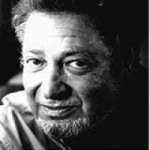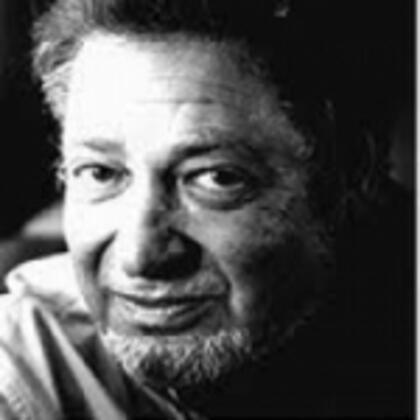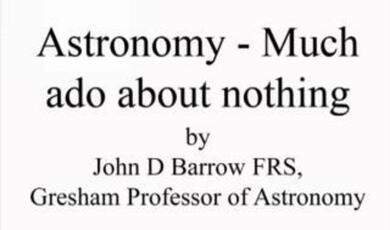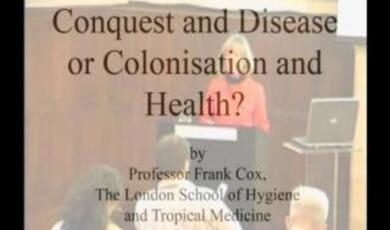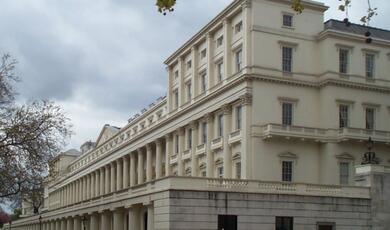The Biological Construction of Risk: From Mendel’s ‘Hidden Determinants’ to DNA Sequences - Lecture One
Share
- Details
- Text
- Audio
- Downloads
- Extra Reading
Part of:
This event was on Mon, 07 Feb 2000
Support Gresham
Gresham College has offered an outstanding education to the public free of charge for over 400 years. Today, Gresham College plays an important role in fostering a love of learning and a greater understanding of ourselves and the world around us. Your donation will help to widen our reach and to broaden our audience, allowing more people to benefit from a high-quality education from some of the brightest minds.


 Login
Login

